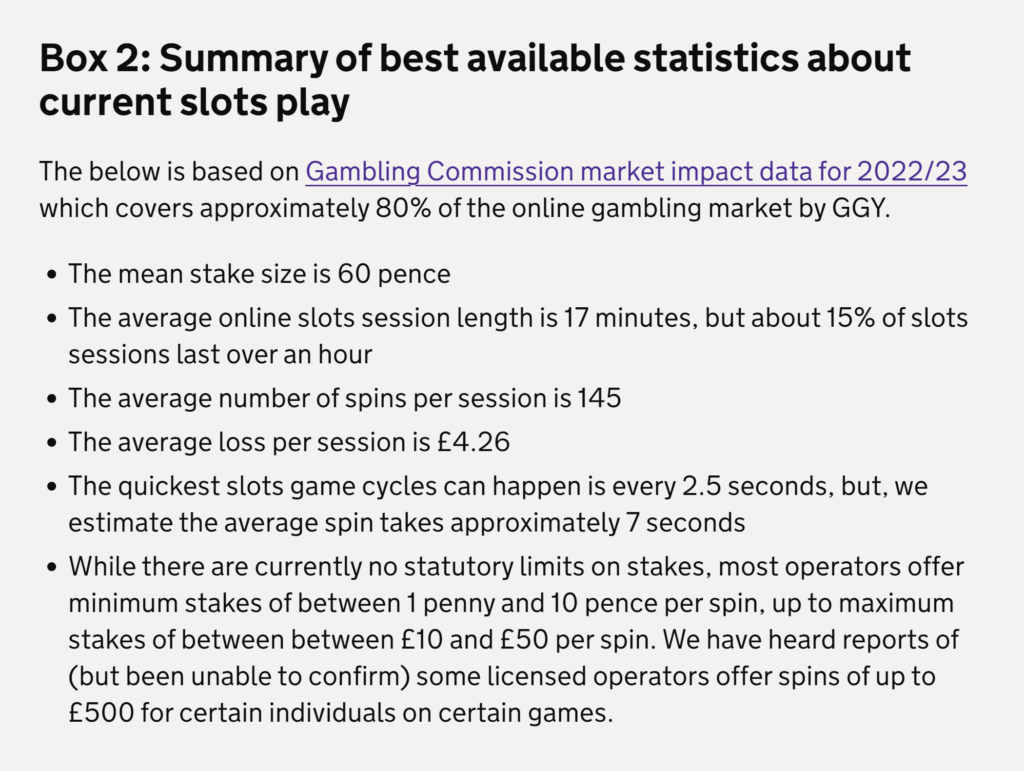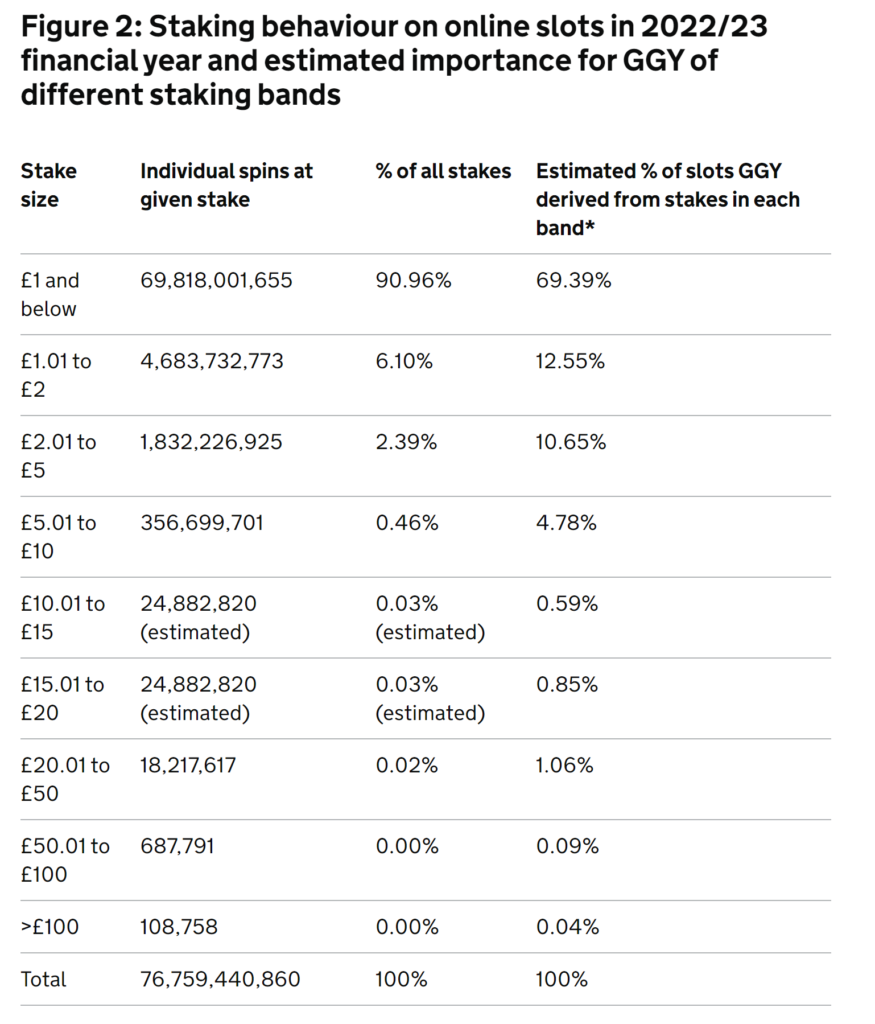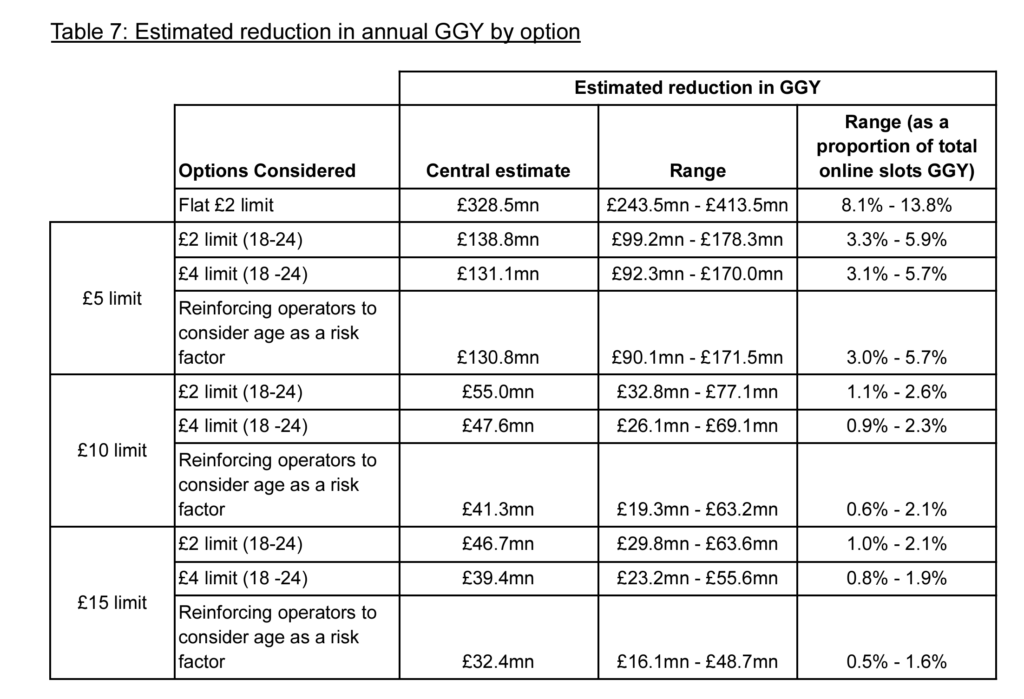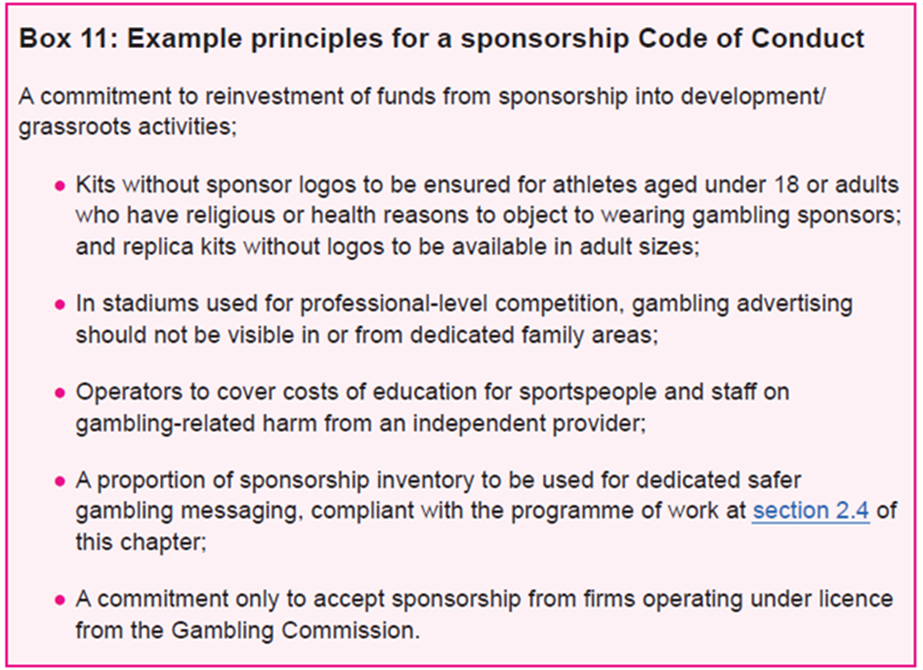Gambling Commission sets its sights on late regulatory returns and incorrect fee categories
In its latest E-Bulletin, the Gambling Commission has reminded operators that it is a licence condition (15.3.1 of the Licence Conditions and Codes of Practice) to submit regulatory returns on time.
The update goes on to note that the Gambling Commission is aware that some regulatory returns have been overdue since 1 April 2023, and advises operators to bring these up to date “immediately”.
“Operators who fail to submit returns on time will be escalated to our Enforcement team to consider regulatory action and may result in a financial penalty under section 121 of the Gambling Act 2005.”
This is an important reminder from the Gambling Commission, which should not be taken lightly, and it is clear a tougher approach is now being taken.
Background
Gambling licence holders in Great Britain are required to submit a regulatory return for each type of activity for which they hold a licence.
Depending on licence type, regulatory returns must be submitted on a quarterly or annual basis. Quarterly returns must be submitted within 28 days of the end of each quarterly reporting period. Annual returns must be submitted within 42 days of the end of each annual reporting period.
All returns must be submitted via the online regulatory returns system within the Gambling Commission’s eServices Hub.
The Gambling Commission uses the information to publish bi-annual industry statistics and to inform its understanding of its licensees and the wider gambling industry. The information also helps the Gambling Commission ensure licensees are within the correct fee category for their licensed activities.
An imperfect system
The Gambling Commission publishes information on when and how to submit regulatory returns in its Regulatory Returns Guidance, which is split by licence type.
However, the guidance is simple, and a repetition of what is asked within the regulatory return forms. There is no additional detail as to the type of information that should be captured in the form, and where. The lack of clarity, in our experience, has sometimes resulted in incorrect data being provided with the regulatory returns, or being provided under the wrong licensable activity.
In our experience, licensees often require assistance with the following:
- Non-GB revenues – they should only be reported if taking place in reliance on the Gambling Commission operating licence;
- B2B online casino revenues that are not revenue shares – the form only allows for GGY (revenue share) to be reported, and not fixed fee revenues, although the Gambling Commission is now aware of this issue from us.
It is important that information provided in regulatory returns is accurate. If a licensee misrepresents or fails to reveal information that it is asked to provide, unless it has a reasonable excuse it will commit an offence under section 342 of the Gambling Act 2005.
Beware exceeding your fee category
Regulatory returns go hand in hand with ensuring a licensee is in the correct fee category and, recently, we have noticed an increase in the Gambling Commission using regulatory returns to identify and contact licensees that it believes have exceeded the upper threshold of their fee categories.
Fee categories are a licence condition, included on the face of an operating licence. Therefore, an application to vary the fee category must be submitted before the upper threshold has been exceeded and it is a licensee’s responsibility to proactively monitor its fee category to ensure the upper threshold is not exceeded.
We urge licensees to routinely consider whether they are approaching the maximum limit of their fee category and whether a change of fee category is warranted. Licensees should be aware that the fee category licence condition follows the licence year, and will not necessarily align with the regulatory returns reporting period.
The process for submitting an application to vary is relatively simple. The applications can be completed through the eServices portal and carry a fee of £40. It is important to note that:
- fee category increases by one level do not require any supporting documentation;
- fee category increases by two levels or more must be supported by:
- new or updated financial projections;
- new or updated business plan;
- evidence of how the expansion of the business is funded;
- decreases in fee categories must be supported by a full explanation.
Gambling Commission working group
In order to address some of the issues with the regulatory returns system, the Gambling Commission has established a working group and is seeking feedback from licensees on the questions currently posed in regulatory returns.
The last time the regulatory returns process was reviewed was in 2020 when, following a Consultation on changes to information requirements in the LCCP, regulatory returns, official statistics, and related matters, the Gambling Commission simplified the regulatory returns processes. In its consultation response, the Gambling Commission also committed: (1) to publish guidance for regulatory returns (which went live on 4 May 2021); and (2) to improve the usability, accessibility and availability of the regulatory returns system.
Three years on, the system is under review again – but it appears there will be no consultation and, consequently, fewer licensees will be aware there is an opportunity to help shape forthcoming improvements.
Next steps
We strongly recommend licensees use the online contact form to tell the Gambling Commission about their concerns with the regulatory returns process, forms and guidance as soon as possible, so they can be improved.
We hope that the working group will use this, as well as our recent feedback on the Gambling Commission’s guidance, to improve the current system.
In the meantime, licensees should also:
- submit any outstanding regulatory returns as soon as possible;
- endeavour to submit complete and accurate regulatory returns within the timeframes set by the Gambling Commission. The Gambling Commission is taking a much tougher approach and late and/or inaccurate regulatory returns will be referred to the Enforcement Team; and
- routinely review whether they are in the correct fee category and, if necessary, submit an application to vary before exceeding the upper threshold of a fee category.
Please get in touch if you have any questions regarding the regulatory returns process and/or if you would like our assistance preparing a regulatory return or changing your fee category.
With credit and sincere thanks to Jessica Wilson for her invaluable co-authorship.






